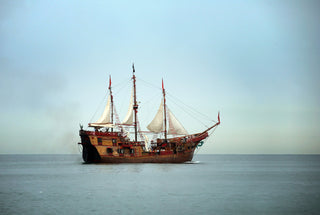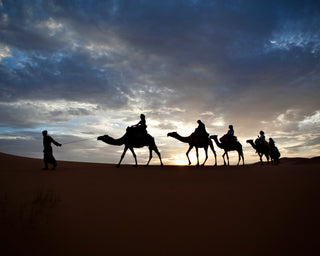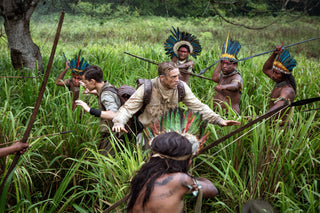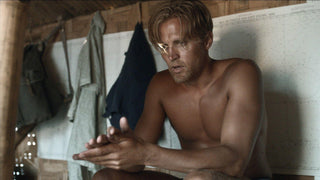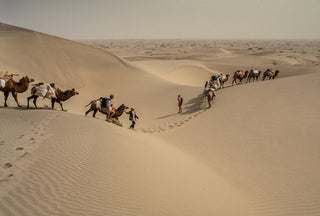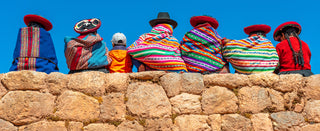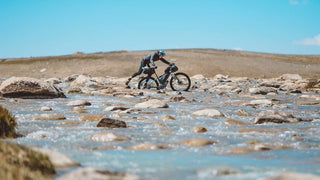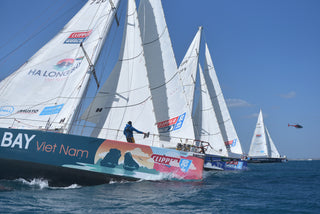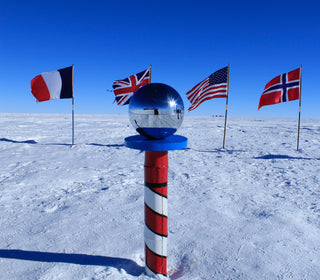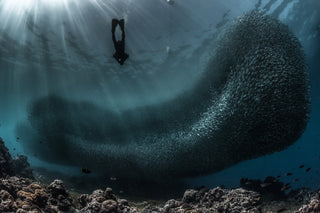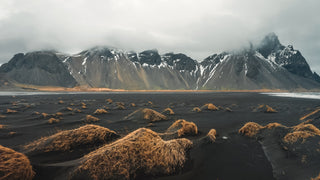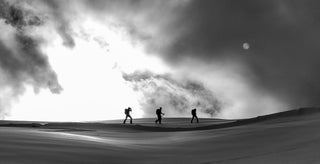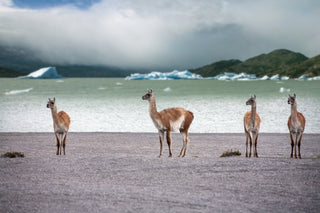adventure begins with a little spirit
THE ADVENTURE SERIES
Adventure lies at the heart of what we do, embracing new challenges and
discovering new experiences. Introducing our readers to Explorer’s of bygone
eras, to seek out their own new ventures in the pursuit of the unknown and
personal fufillment.
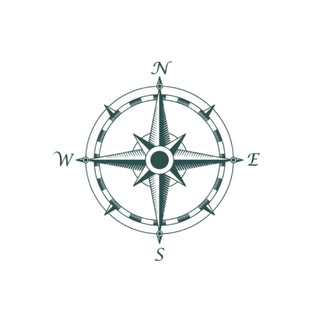
EMBRACING ADVENTURE
‘Life is about the journey, not the destination’ Ralph Waldo Emerson
This is something that we embrace as did our fore bearers. Life is an adventure, where you are continually learning and moving forward. We took a leap of faith into the unknown, a world filled with colour, flavour, and beauty. There were no boundaries and through journeying the currents we have discovered new shores. Our adventure has seen obstacles overcome, dead ends navigated, and new doors opened. Our lives have been enriched by a wonderful vibrant community who have welcomed us with open arms. Downton Distillery has been able to become more than the concept it once was, drawn up on a piece of paper. As with all ventures, trust your gut instinct when a situation may not seem right, walk away when needed, it is all part of the journey. Learn, laugh, grow and work to live, for your adventure has only just begun."
Hugh Anderson






